Description of the educational supervisor’s tasks:
Determine educational goals (short-term, medium-term, long-term).
Identify, analyze and prioritize educational needs (clients, different employee categories).
Formulate ongoing, documented and non-documented educational programs to meet educational needs.
Implement educational programs in collaboration and participation with other groups.
Proposing the preparation of books, magazines, bulletins and educational tools to improve the level of awareness among workers.
Formation of the Staff Training and Research Committee
Coordination, cooperation and participation in the formation and participation of employees in continuous training sessions according to the comprehensive training program of the relevant unit.
Proposing the creation of incentive areas for the effective participation of workers in educational and research activities.
Collaborate and participate in monitoring and controlling educational needs assessment units.
Cooperate and coordinate with the Clinical Supervisor, Infection Control and Supervisor of various departments regarding training and promotion.
Providing updates and new research results (in the form of conferences, brochures/bulletins, etc.).
Collaboration and participation in research projects.
Direct and train employees in line with employee performance evaluation in service delivery, and employee performance evaluation in providing training to clients.
Directing and training employees to implement training programs for relevant units.
Guidance and training in the preparation of brochures, posters, videos and educational leaflets for employees and clients.
Monitor and control the training conducted in the relevant units using appropriate tools.
Monitoring and supervising educational activities in the units.
Monitor and control the effective participation of workers in educational programmes on a per capita basis.
Monitoring the implementation of training and evaluating the level of employee satisfaction with the training implemented.
Measuring the effectiveness of training at the first and second levels (the first level for evaluating test results and the second level for the effectiveness of training in improving processes and related indicators).
Orientation training upon arrival of all employees and monitoring its continuity in different departments.
Follow up and prepare support needs for educational classes (environment, books, mannequins, equipment, food, etc.).
Compile the educational calendar.
Perform other duties and responsibilities as assigned by superiors.

 فارسی
فارسی العربية
العربية